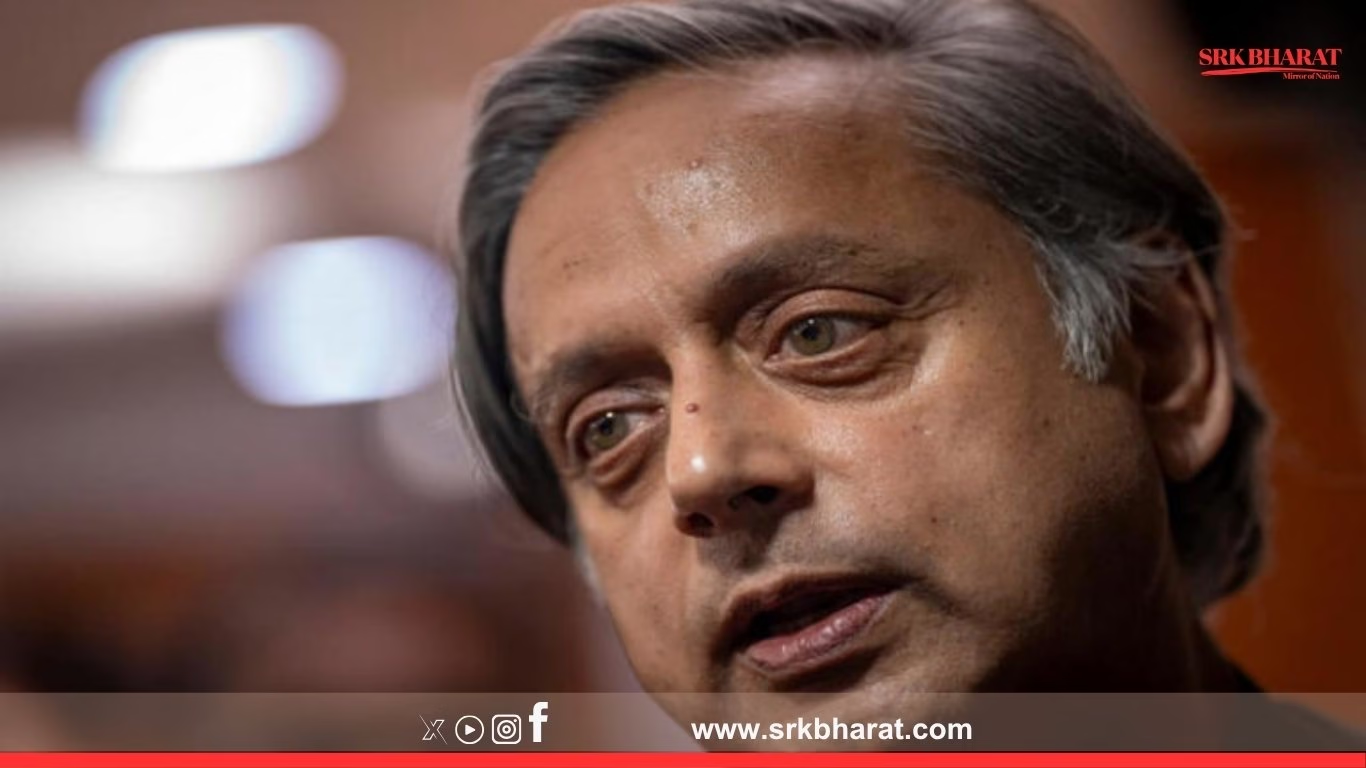Union Jal Shakti Minister C.R. Paatil has reaffirmed that India will not reconsider its decision to suspend the Indus Waters Treaty (IWT), despite repeated diplomatic letters from Pakistan urging a reversal. The 1960 agreement was put in abeyance following the April 22 Pahalgam terror attack, which claimed 26 lives.
🛑 India Unmoved by Pakistan’s Appeals
At a press conference in New Delhi, Paatil dismissed the letters from Pakistan’s Water Resources Secretary Syed Ali Murtaza as “mere formalities” that will not influence India’s stance.
“The water under the Indus Waters Treaty is not going anywhere,” he said, emphasizing that national interest will guide all future decisions.
⚠️ Political Rhetoric Escalates
Pakistan’s former Foreign Minister Bilawal Bhutto Zardari recently warned of retaliation, claiming that India’s move could lead to war. He accused India of weaponizing water and undermining international treaties.
Paatil responded firmly:
“We are not scared of such hollow threats. Bhutto has said many things for politics”.
📜 Treaty Suspension Context
- India suspended the IWT on April 23, 2025, a day after the Pahalgam attack
- The move was part of a broader response that included Operation Sindoor, a cross-border counterterrorism strike
- The treaty had previously survived decades of conflict, but India now views it as strategically outdated
🔍 Strategic Implications
India’s decision marks a significant shift in regional water diplomacy, with potential implications for:
- Hydropower projects on the western rivers (Kishanganga, Ratle)
- Water-sharing negotiations under international frameworks
- India’s broader national security doctrine
Meanwhile, India has requested a pause in international arbitration over disputed hydroelectric projects, signaling its intent to assert full control over western river systems.
🔁 Share this article to stay informed on India’s evolving water diplomacy and regional security strategy.











